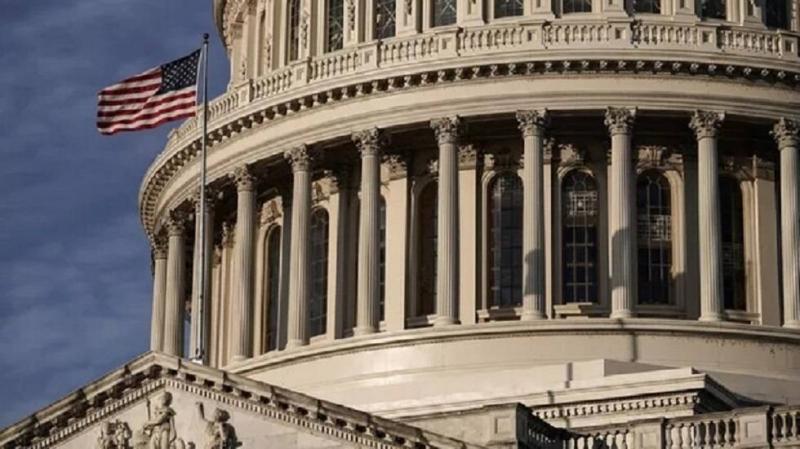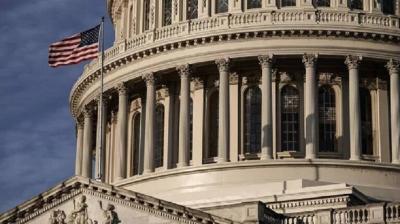This week, the U.S. House of Representatives passed the Antisemitism Awareness Act amid much debate, coinciding with university protests across the United States over the Gaza war. The House voted on the law on Wednesday, with a majority of 320 votes in favor and 91 against. Republican Congressman Mike Lawler from New York led the efforts alongside 15 Democratic representatives, while several of their colleagues from both parties opposed the bill, arguing that it violates free speech.
So, what are the provisions of this law, and how will it be implemented? The law, known as the "Antisemitism Awareness Act of 2023," requires the U.S. Department of Education to utilize the working definition of antisemitism provided by the International Holocaust Remembrance Alliance when applying federal laws against discrimination. According to this definition, "antisemitism is a certain perception of Jews which may be expressed as hatred toward them. It targets the manifestations of antisemitism towards Jewish individuals or non-Jews and/or their property, community institutions, and places of worship." The definition also mentions "denying the Jewish people their right to self-determination by claiming that the State of Israel is a racist endeavor and by drawing comparisons between contemporary Israeli policy and that of the Nazis."
According to the U.S. House of Representatives website, the law aligns with the U.S. national strategy to combat antisemitism issued by the White House last May, aimed at raising awareness and understanding of antisemitism, including its threat to the United States, while enhancing safety and security for Jewish communities. The law also addresses the increasing incidents of antisemitism in the U.S. and states that such incidents are affecting Jewish students in schools, colleges, and universities from kindergarten through 12th grade.
Opponents of the bill argue that the definition of antisemitism prohibits certain criticisms of the State of Israel, a stance defended by the International Holocaust Remembrance Alliance. Critics accuse members of Congress of pushing this legislation through quickly to use it as a means to limit free speech in American universities. Democratic Congressman Jerry Nadler, who is Jewish, warned that "comments critical of Israel are not, in themselves, discriminatory under the law." He suggested the law could "undermine" the freedom of expression protected by the Constitution.
The American Civil Liberties Union has also urged U.S. lawmakers to oppose the bill. In a statement, they said, "Federal law already prohibits antisemitic discrimination and harassment by federally funded entities, so there is no need for a law to protect against antisemitism-related discrimination." The ACLU predicted that the law would "chill free speech for students on campus by improperly equating criticism of the Israeli government with antisemitism." They affirmed in their statement, "While we support all efforts to combat discrimination and harassment through complaints and investigations under Title VI, we strongly oppose the use of the International Holocaust Remembrance Alliance definition or any definition of discrimination that threatens to censor or penalize political speech protected by the First Amendment."
For this bill to become law, it must also be approved by the Senate, which remains uncertain, before it is sent to President Joe Biden for signing and publication. The legislation comes amid a wave of protests at universities across the U.S. condemning Israel's actions in the Gaza war, prompting police to implement stricter security measures and arrest individuals in certain locations, such as Columbia University in New York. The protests nationwide have been met with counter-protests accusing them of inciting hatred against Jews. Supporters of the Palestinian cause, including Jews opposing Israel's actions in Gaza, assert they are wrongfully labeled as antisemitic for criticizing the Israeli government and expressing support for human rights. The student protests in the U.S. are also taking on political dimensions leading up to the presidential elections in November, with Republicans accusing the administrations of some universities of turning a blind eye to harassment and antisemitic rhetoric.




